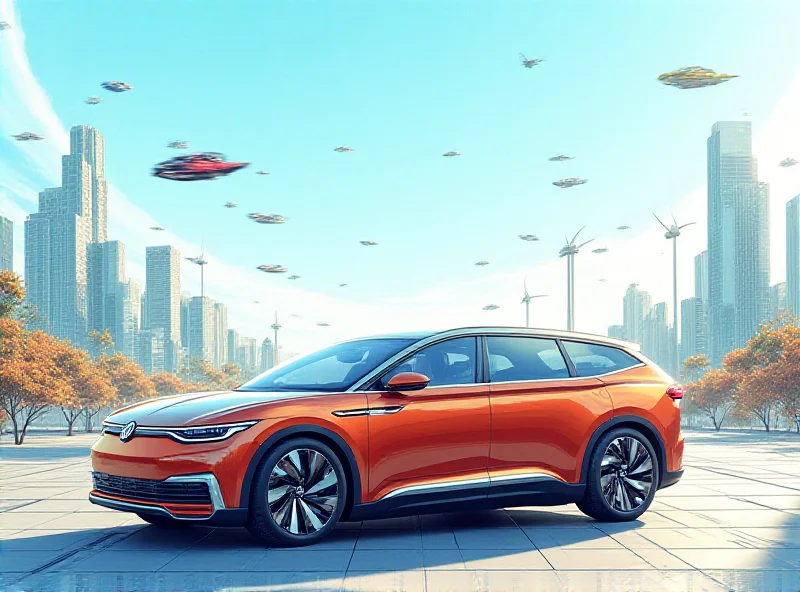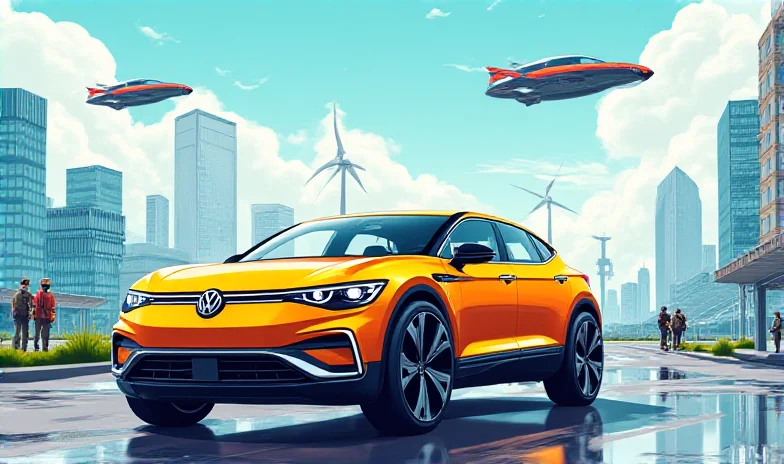The electric vehicle (EV) market is undergoing a significant transformation, with established players facing new challenges and exciting partnerships emerging. Two major trends are dominating headlines: Volkswagen and Rivian joining forces to offer a budget-friendly EV, and Tesla grappling with a sales slump in China.
VW and Rivian: A Power Couple for Affordable EVs?
Volkswagen recently unveiled its ID.EVERY1, an exciting glimpse into the future of affordable EVs. The company plans to launch a compact electric vehicle for around 20,000 euros ($21,500) in Europe by 2027. To make this vision a reality, VW is teaming up with Rivian, a move that could shake up the European EV market.

This collaboration aims to bring more accessible electric mobility to consumers. By combining VW's manufacturing prowess with Rivian's innovative technology, the partnership has the potential to deliver a compelling and affordable EV option. This is especially important as other manufacturers, like Tesla, struggle to maintain market share.
Tesla's China Challenge
While VW and Rivian are forging new paths, Tesla is facing headwinds in China. Recent reports indicate a significant drop in sales for the electric car giant. According to recent data, sales of the Model Y and Model 3 in mainland China plummeted by 51.5% in February, with just 30,688 units sold. This decline is attributed to increasing competition from domestic rivals such as BYD, Xiaomi, and Xpeng.
The Chinese market was once a bright spot for Tesla, fueling the company's growth. Now, with sales declining, Tesla needs to adapt its strategy to compete effectively against local brands that are gaining popularity. The shift in consumer preference highlights the dynamic nature of the EV market and the importance of staying competitive.

Wider EV Market Trends
Beyond these specific cases, the overall EV market is experiencing volatility. Recent weeks have seen a sell-off in EV and renewable energy stocks, indicating broader concerns about the industry's future. Companies like Rivian, Fluence Energy, and ChargePoint have all experienced significant declines, potentially driven by shifting government policies.
"We haven't seen action against the $7,500 EV tax credit or other subsidies for renewable energy, but that could be coming as Trump ordered the federal government to sell 25,000 EV chargers."
While the future remains uncertain, one thing is clear: the EV market is constantly evolving. New partnerships, shifting consumer preferences, and changing government policies are all contributing to a dynamic and competitive landscape. The race to dominate the EV market is far from over, and the coming years promise to be filled with exciting developments.

